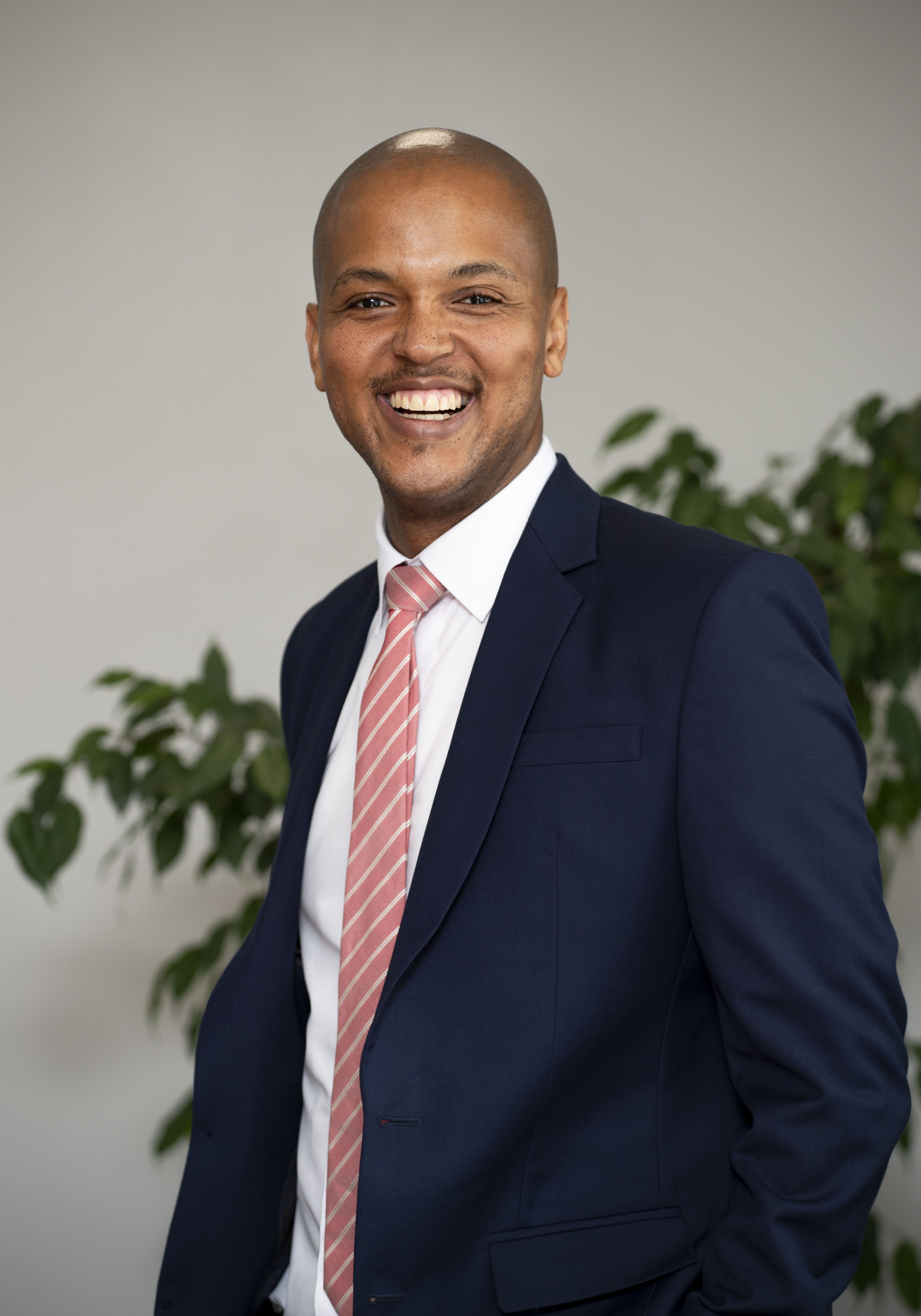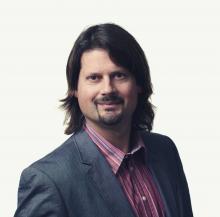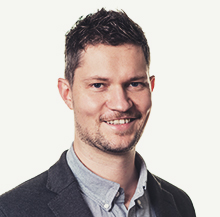
Loading
Wednesday 5. February 2020 at 13:00 to 15:00
Saturday 1. February 2020 at 12:00
2Ø.071,
Dalgas Have 15,
2000 Frederiksberg
2Ø.071
Dalgas Have 15
2000 Frederiksberg


Competition and Inequality in Industrial Fisheries: Lessons from Black Economic Empowerment (BEE) and fishery quota allocations in South Africa
Thando Vilakazi (Director, Centre for Competition, Regulation and Economic Development (CCRED), University of Johannesburg, thandov@uj.ac.za )
Stefano Ponte (Director, Centre for Business and Development Studies, Copenhagen Business School, spo.msc@cbs.dk )
Since 1994, South Africa has embarked in a series of programmes aimed at empowering groups and individuals that had been negatively affected by the engrained inequality of the previous system of apartheid. This has been attempted directly by government through efforts to deliver better public services and housing, and indirectly through the process of Black Economic Empowerment (BEE). BEE as a concept emerged in the early 1990s, with an initial focus on increasing ‘black’ ownership of shares in major corporations. Progress was slow, however, and in 1998 the then-President Thabo Mbeki opened the National Assembly debate on ‘Reconciliation and Nation Building’ with what became known in South Africa as his ‘Two Nations’ speech. In his address, Mbeki argued that national unity and reconciliation between black and white South Africans were impossible dreams if socio-economic inequality, which prevented black South Africans from exercising their citizenship rights to an equal extent to white South Africans, were not rapidly overcome.
Mbeki’s speech, and more general accusations that BEE was simply enriching a small number of well-connected politicians and businesspeople in the context of persistent poverty, eventually led government and business to re-package the concept as ‘broad-based BEE’. Under this umbrella, ownership has been only one of seven main criteria upon which the empowerment credentials of businesses in South Africa are assessed – the others being management representation, employment equity, skills development, preferential procurement, enterprise development and corporate social investment. These criteria have underpinned BEE from 2000 onwards, when a number of industry empowerment charters, a Broad-Based BEE Act and a series of codes of implementation have been generated. Yet, the outcomes of even this new approach have been frustratingly slow, especially in sectors where few, large companies dominate. As part of a broader research collaboration effort between Copenhagen Business School and the University of Johannesburg on these themes, in this paper we examine interactions between industrial fishery quota allocations by the government and competition (including Competition Tribunal cases of anti-competitive behaviour) to assess the potential and limitations of regulatory and market approaches to addressing inequality in South Africa.
Navigating the Supply Chain
Andreas Wieland (Associate Professor of Supply Chain Management, Copenhagen Business School, awi.om@cbs.dk )
Abstract available upon request.

Dr. Thando Vilakazi is Executive Director of the Centre for Competition, Regulation and Economic Development (CCRED) at the University of Johannesburg, specialising in academic research, teaching and advice on competition policy and industrial development. He currently also serves as a part-time member of the Competition Tribunal of South Africa.
Thando previously worked as an economist at the Competition Commission of South Africa, and has led research and provided teaching and advisory services across various economic sectors for competition authorities, regulators, government departments, international universities and NGOs, and private enterprises in South Africa and various African countries. His research interests include barriers to entry and economic participation, regional integration, competition policy and inclusive growth, and industrial development.
He holds a PhD (Economics) from the University of Johannesburg, and a Masters (Applied Economics) from the University of Cape Town. Thando has published widely, including in Development Southern Africa and Review of African Political Economy, and HSRC Press and Wits University Press book publications. He is co-editor and co-author of a forthcoming HSRC Press book titled ‘Opening the South African Economy? Barriers to Entry, Regulation and Competition’.


Andreas Wieland is an Associate Professor of Supply Chain Management at CBS. He is the study coordinator of CBS’ Graduate Diploma (HD) in Supply Chain Management and he recently established a new project, titled ‘The Supply Chain of the 21st Century: Towards Ethical, Social and Circular Business Models’. His current research reinterprets global supply chains as social-ecological systems. His articles have appeared in journals such as International Journal of Logistics Management, International Journal of Physical Distribution & Logistics Management, Journal of Business Logistics, Journal of International Management, Journal of Supply Chain Management, and Supply Chain Management: An International Journal. He is the European Co-Editor of the Journal of Business Logistics and Co-Chair of the Council of Supply Chain Management Professionals’ (CSCMP) European Research Seminar. Andreas teaches classes in global supply chain management. He is a faculty member of CBS’s Full-time MBA. He has led humanitarian logistics courses at various institutions in Ethiopia, Tanzania, and Uganda. He is also the editor of the blog scmresearch.org.
Preliminary programme:
13:00-13:45 Presentation & Discussion: Competition and Inequality in Industrial Fisheries: Lessons from Black Economic Empowerment (BEE) and fishery quota allocations in South Africa (Thando Vilakazi and Stefano Ponte)
13:45-14:00 Coffee break
14:00-14:45 Presentation & Discussion: Navigating the Supply Chain (Andreas Wieland)
14:45-15:00 Discussion of research interests and priorities
Click to view the event location on Google Maps >